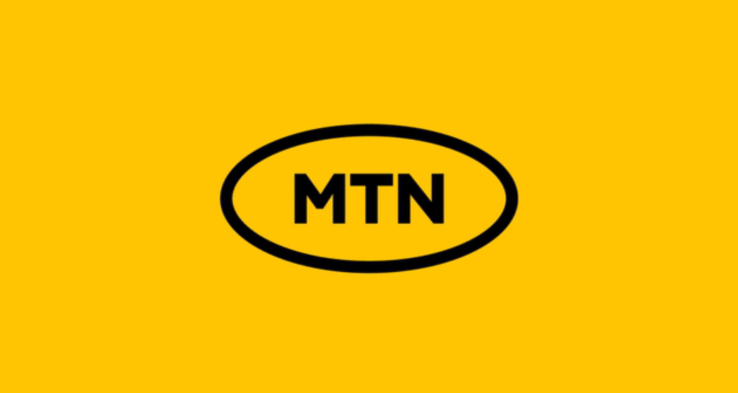MTN Ghana Races to Localise MoMo Ahead of Central Bank Deadline

Telecommunications giant MTN Ghana is in a final push to localise its mobile money business, MobileMoney Limited (MoMo), in order to comply with a regulatory deadline set by the Bank of Ghana.
The localisation effort—mandated under Ghana’s regulatory framework to deepen local ownership and participation in financial services—requires MTN to reduce its stake in the mobile money subsidiary and allow for broader Ghanaian investment. The move comes amid broader efforts by the central bank to ensure financial stability, increase transparency, and build resilience within the digital financial ecosystem.
MTN Ghana confirmed in a statement this week that it is “actively engaging with relevant stakeholders” and “finalising strategic steps” to meet the localisation requirements. The company, which operates the country’s most dominant mobile money platform, says the process will be completed ahead of the regulator’s deadline, although a specific date has not been disclosed.
Industry analysts view the localisation as a critical turning point for MTN MoMo, which has evolved from a basic mobile wallet service into a major financial player, handling billions of cedis in transactions annually. According to the Bank of Ghana’s latest data, MTN MoMo accounts for over 70% of the country’s mobile money market share.
"MTN MoMo’s localisation will open up opportunities for Ghanaian investors to participate directly in one of the most successful digital finance stories in West Africa," said Kwabena Mensah, a fintech analyst based in Accra. "It’s not just about compliance—it’s about long-term integration into the local economy."
The localisation drive also aligns with Ghana’s broader digitalisation strategy, which prioritises local capacity-building, fintech innovation, and the expansion of financial services to underserved communities.
However, some experts caution that the transition must be managed carefully to maintain MoMo’s service quality, user trust, and operational efficiency. “Local ownership is a great idea, but it must come with continued investment and strong governance to maintain the system’s integrity,” noted Dr. Efua Adjei, a financial regulation scholar at the University of Ghana.
MTN has not detailed how much of its stake it plans to divest or which local entities are being considered as potential investors, but industry observers expect the company to retain a controlling interest while allowing Ghanaian institutional and retail investors to acquire a meaningful share.
As the deadline looms, stakeholders will be watching closely to see how MTN balances regulatory compliance, market leadership, and strategic growth—both for its own business and for Ghana’s rapidly evolving digital economy.
WEST AREKAHME
 Africas leading resource for digital financial services
Africas leading resource for digital financial services


comments